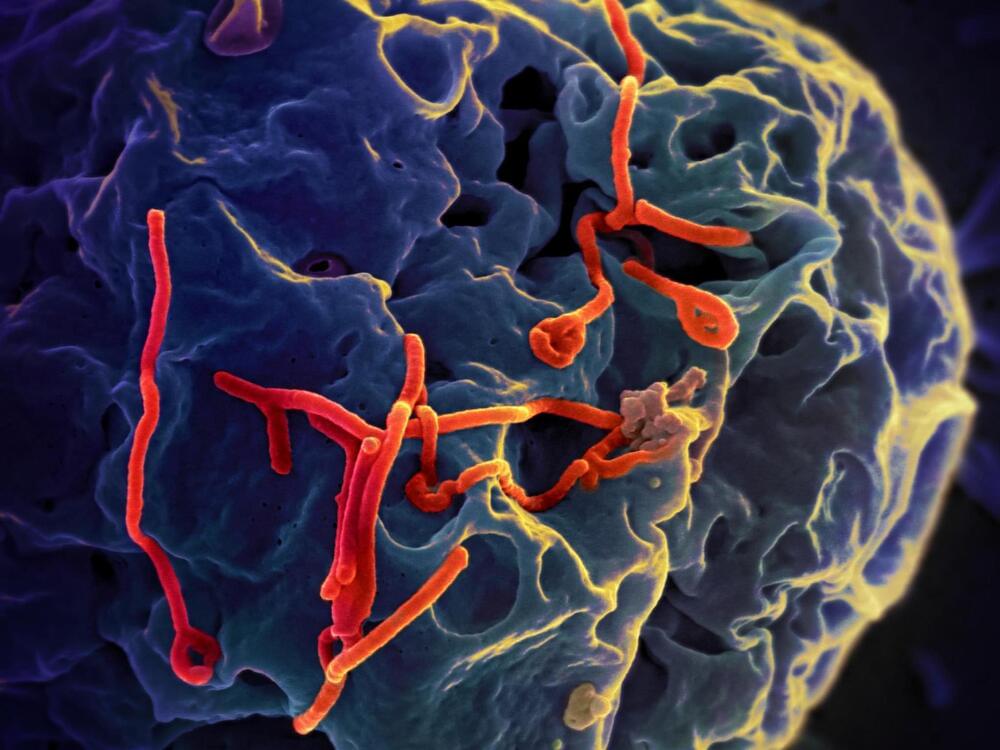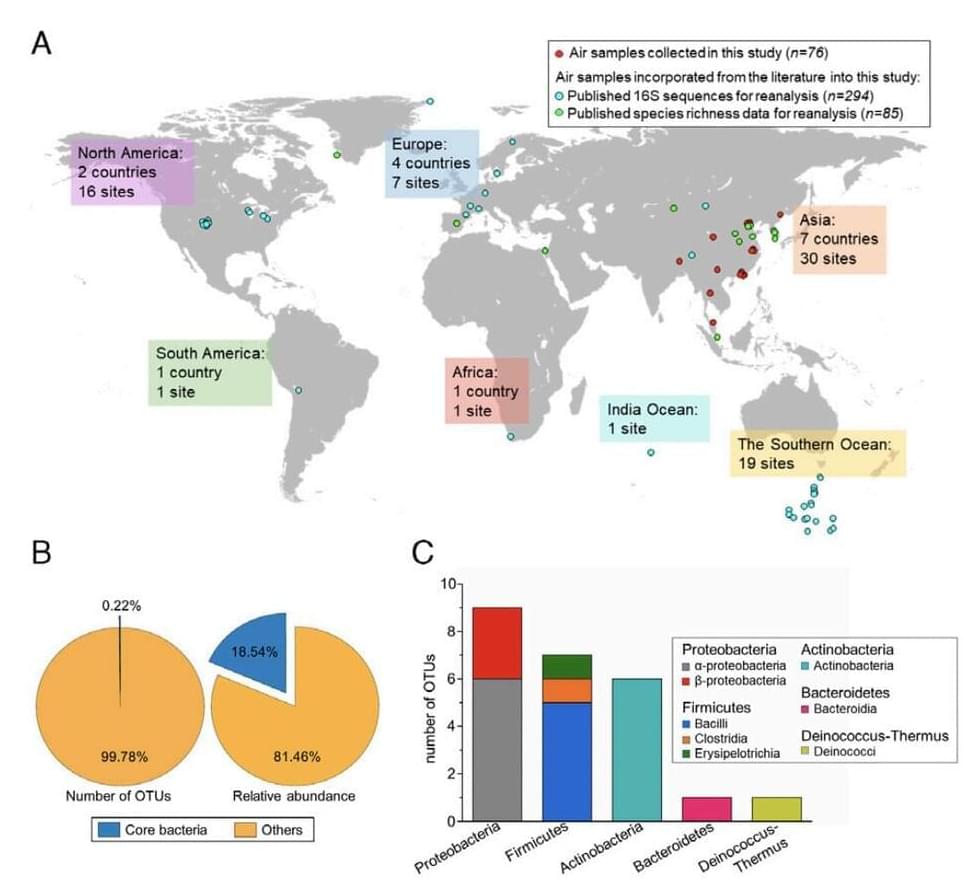Americans endlessly chatter about what to eat. Low fat, high protein, vegan, ketogenic — but what about electronic? Since the turn of the 21st century, a dedicated group of scientists, engineers, and technologists has been trying to create edible electronics, not necessarily for human nutrition, but rather for medical purposes.
Electronic devices composed of digestible materials that gradually break down in the body over a matter of days could precisely deliver medication inside the body and measure drug uptake. They could monitor symptoms of gastrointestinal disorders and the gut microbiome. They could allow doctors to remotely observe patients’ internal health without a visit to the hospital, further enhancing the telehealth revolution and allowing more people access to healthcare.







